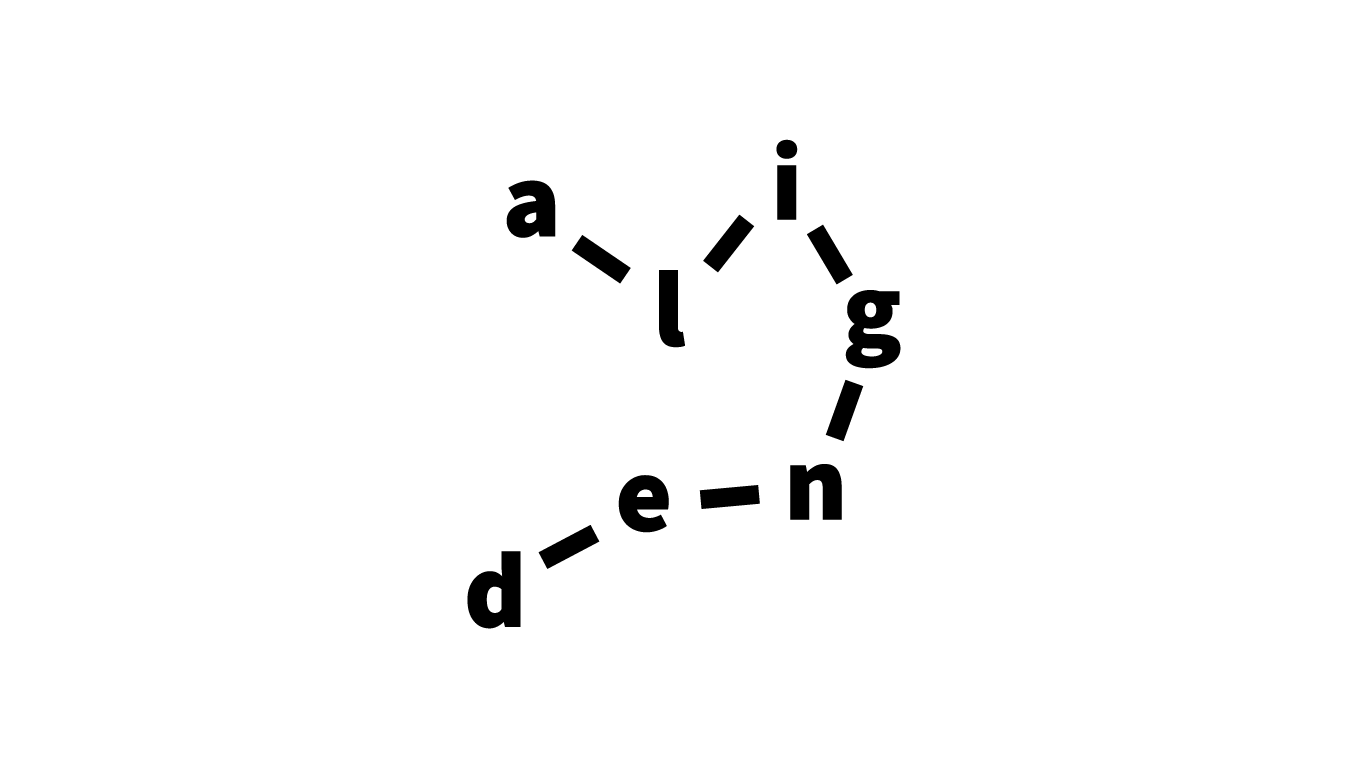Why Clarity Feels Scary When You’ve Lived in Adaptation
Clarity can feel frightening when you’ve spent years adapting to others’ needs, expectations, or emotional states. People who chronically people-please or over-function often experience fear, tension, or vulnerability when trying to express their own truth. This response is not resistance — it’s a nervous-system pattern shaped by earlier experiences where authenticity felt risky. Understanding why clarity feels unsafe is the first step toward rebuilding self-trust and relational alignment.
Why does clarity feel unsafe when you’ve lived in adaptation?
If you’ve spent years adapting — to others’ needs, moods, expectations, or emotional weather — clarity can feel unnerving.
Not because something is wrong with you, but because your system learned that adaptation was safer than truth.
You may long for honesty, direction, or alignment…
yet feel a subtle fear rise the moment clarity appears.
This is not self-sabotage. It’s protection — deep, embodied protection.
Let’s explore why.
Common signs clarity feels unsafe for you
• feeling a spike of fear before expressing a need
• defaulting to “it’s fine” when it isn’t
• losing your words when trying to be honest
• over-explaining to soften potential conflict
• feeling guilty when choosing your preference
• saying yes automatically, then regretting it
• feeling exposed or shaky after setting a boundary
Common signs you’re living in adaptation
• scanning others’ moods before speaking
• adjusting yourself to maintain harmony
• carrying emotional labour in relationships
• avoiding clarity to avoid conflict
• slipping into “easy,” “supportive,” or “flexible” roles
• losing contact with your own desires
1. Adaptation teaches the body that truth is risky
For many people, adaptation didn’t start as a personality trait — it started as survival.
You learned to:
• soften your voice
• read the room before speaking
• adjust your needs to keep the peace
• anticipate others to avoid conflict
Over time, this becomes identity.
When harmony depends on your flexibility, being clear feels like a threat, not a right.
Clarity becomes associated with:
• conflict
• disappointment
• withdrawal
• being misunderstood
• or losing connection altogether
Your body remembers these moments — even if your mind has forgotten.
2. Adaptation teaches the body that truth is risky
When you’ve been praised for being “easy,” “supportive,” or “resilient,” it can feel dangerous to shift from:
What do you need from me?
to
Here’s what I need.
Adaptation protected you from rejection.
It preserved belonging.
It made you feel useful, needed, or safe.
So clarity carries an unfamiliar weight.
It asks something radical of your system:
to choose yourself — without knowing how others will respond.
That leap can feel destabilizing, even if the desire for authenticity is strong.
3. Clarity can feel like exposure
Clarity reveals your:
• preferences
• boundaries
• desires
• limits
And for someone who grew up prioritising others, this can feel like exposure — raw, naked, revealing.
Adaptation says:
“Stay vague. Stay flexible. Stay safe.”
Clarity says:
“Stand here. Speak here. Be seen.”
The nervous system registers this shift as vulnerability, not empowerment — at least at first.
4. The body needs time to trust what the mind wants
You might be mentally ready for clarity — but your body moves slower.
The old pattern still whispers:
“It’s safer if you adjust.”
“It’s easier if you don’t say anything.”
“Stay small, stay safe.”
This is why embodiment matters.
Clarity isn’t just a cognitive decision — it’s a somatic capacity.
It requires:
• breath
• groundedness
• emotional regulation
• conscious pacing
Without those, clarity feels like standing on unstable ground.
5. Coming home to your own signal
When you begin to live from alignment instead of adaptation, clarity becomes less about confrontation and more about coherence.
You start noticing:
• what contracts your body
• what drains your energy
• what strengthens your breath
• what feels like truth
Slowly, your internal signal grows louder than external demands.
Clarity becomes less of a threat and more of a homecoming.
FAQ
Why does clarity make me anxious even though I want it?
Because your nervous system may associate honesty with conflict, disconnection, or emotional risk. Adaptation becomes a survival strategy, making clarity feel unsafe at first.
Is fear of clarity the same as people-pleasing?
Often they overlap, but fear of clarity is somatic — it’s about your body bracing for old outcomes. People-pleasing is the behavioural expression of that internal pattern.
How do I become someone who can express my needs clearly?
By building nervous-system safety, slowing down your internal pace, practicing small truth-telling moments, and learning to stay regulated while being seen.
I support adults in Copenhagen and internationally who struggle with people-pleasing, adaptation patterns, and fear of expressing their needs — helping them rebuild nervous-system safety, relational clarity, and embodied self-trust. If you’re learning to trust your own clarity…
…you don’t have to do it alone.
The Grounding supports people who are shifting from adaptation to alignment — gently rebuilding nervous system safety, emotional clarity, and embodied self-trust.
You don’t have to force truth through fear.
You can grow clarity through safety.

